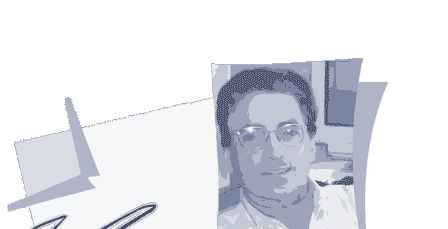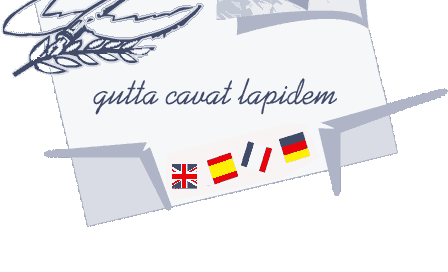3 October 2008
NGO statement – International Society for Human Rights
Alfred de Zayas/ SEMINAR ON ARTICLES 19 AND 20 OF THE ICCPR
FREEDOM OF EXPRESSION AND PROHIBITION OF INCITEMENT TO RACIAL OR RELIGIOUS HATRED
Yesterday I spoke about the dangers of overbroad penal legislation that restrict the right to be wrong.
As an American, I believe in the benefits of freedom of expression as enshrined in the US Bill of Rights. As PEN President in Switzerland, I am committed to advocate freedom of expression -- with responsibility, as stipulated in our Charter.
Indeed, we writers have a responsibility to respect other peoples and beliefs, to promote understanding among nations and to refrain from vulgarity, from provocation, from incitement to hatred.
This morning we were reminded of the publication in London of a book The Jewel of Medina which is causing a degree of consternation.
In PEN Club meetings I have repreatedly expressed the view that while penal law is not the solution -- education and public disapproval are. We authors have a special responsibility because we are writing in a multi-ethnic, multi-religious world, and because we very well know that the pen can indeed cause bloodshed. Therefore, if an author knows that a novel is foreseeably going to result in riots and death, maybe the exercise of common sense and prudence should dictate that those passages that would incite violence be redrafted. Having read Salman Rushdie's Satanic Verses, I am persuaded that the novel would not have suffered if certain passages had been formulated with greater sensitivity. This is not a question of restricting artistic licence, bur rather of responsibility, good taste -- of plain humanity. It is thus questionable whether Rushdie should be lionized as a hero of freedom of expresssion. He is undoubtedly a great author and a member of PEN.
My second point is more generic:
Article 19 ICCPR speaks of freedom of opinion and expression. It is obvious that the exercise of freedom of expression cannot be merely the right to repeat what one hears in the media, or what one rads in the New York Times or in Le Monde. Prior to the exercise of freedom of expression is the freedom of opinion. And this necessitates access to information, including in the internet. It is precisely the access to a multiplicity of sources that allows us to formulate our own opinions. Thus, it is crucial not to restrict this access. Freedom of opinion is indeed more fundamental than the freedom to echo only what is politically correct.
I thank you
Professor Alfred de Zayas, Geneva School of Diplomacy,
|




